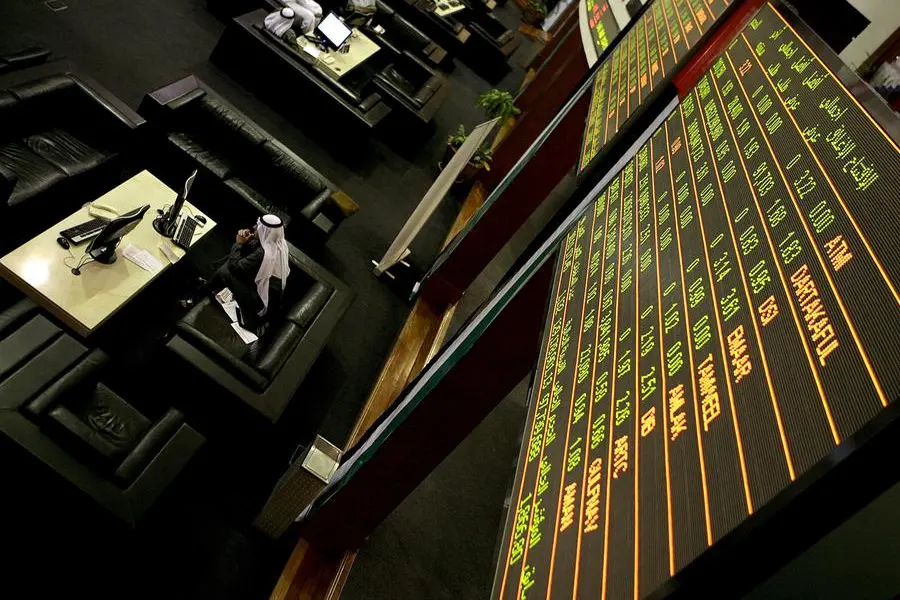PHOTO
Stock markets in the UAE should prepare for a period of consolidation rather than expansion, according to a leading expert.
Stuart Cole, chief macroeconomist at Equiti Capital, says that with recessionary fears growing, there will be less interest on the part of corporates to engage in money raising operations such as IPOs until the global environment turns move positive again. “The start of the year has been bright for the UAE stock market, but going forward the outlook looks more challenging, not just for the UAE, but for stock markets globally,” Stuart told Khaleej Times.
Cole has over 25 years of experience in banking and FX. His former roles include working at the Bank of England in the City of London as an economist in the International Divisions.
The output cut by Opec+ has not really had the effect that the organisation was hoping to engineer, that is, a material rise in the global price of oil, Cole said. “The initial bounce in prices after the announcement was made has proved to be short-lived, a reflection of both a faltering global economic recovery and fears that major central banks are set to continue hiking interest rates further to bring inflation back under control, but at the cost of driving domestic economies into recession,” he added.
Cole felt that a reason behind the cut was to take advantage of an expected increase in oil demand from a recovery in Chinese economic activity, a key market for oil, following the ending of the zero-Covid policy. “However, that recovery – and concomitant pick-up in oil demand – has not materialised and has effectively taken away the support for oil prices that it was expected to bring,” he added. Thus it is possible that oil producing countries may find themselves having to live with a lower oil price.
The worst of the inflationary pressures caused by Russia’s war in Ukraine have now passed, Cole felt. “Global food and energy prices are now on a downwards trajectory as the initial shock of the invasion has been overcome and the world economy has managed to adapt to its legacy of higher prices,” he said.
Cole believes that the possibility of a global recession remains a threat for a number of reasons. Firstly, although the Fed is continuing to adopt a hawkish tone, the threat of a US recession is looking increasingly likely. “The impact of the banking crisis and the curtailment of credit to the real economy this will cause, alongside falling capital investment plans and inventories, a real drop in aggregate consumption as excess savings are finally exhausted and the full impact of the 475bps of tightening delivered to date yet to still be fully felt, a period of negative growth looks hard to avoid,” he said.
The latest growth figures from Germany also paint a worrying output scenario for the euro-zone, and this is coming at the same time as the European Central Bank (ECB) has made clear that further interest rate rises are needed if inflation is to be bought back under control. There appears little prospect of the euro-zone taking up any of the slack from a slowing US economy.
Third, the expected bounce in Chinese activity following the abandonment of the zero-Covid policy has not really happened and the outlook going forward is not looking positive. “The key manufacturing sector, very much the driver of global growth in the past, is struggling and not providing the backbone of global growth that it did previously,” Cole said.
Disclaimer: The views expressed in this article do not constitute the opinions of Equiti Capital, and does not constitute investment advice. Readers are advised to conduct their own research before investing.
Copyright © 2022 Khaleej Times. All Rights Reserved. Provided by SyndiGate Media Inc. (Syndigate.info).




















